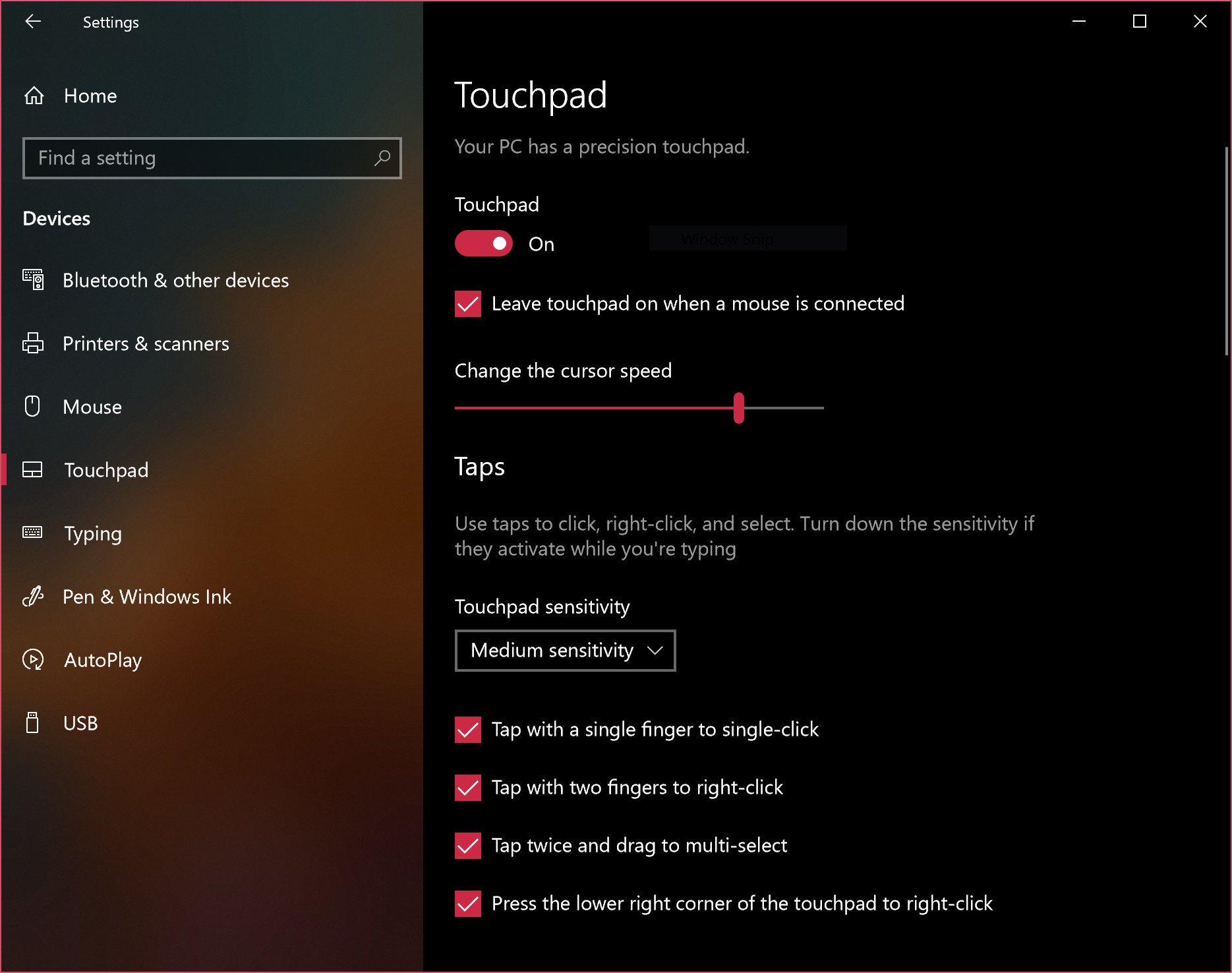Hey, HP! It's time to use Microsoft Precision touchpads in more PCs.
HP's Spectre line is almost perfect ... except for one thing.
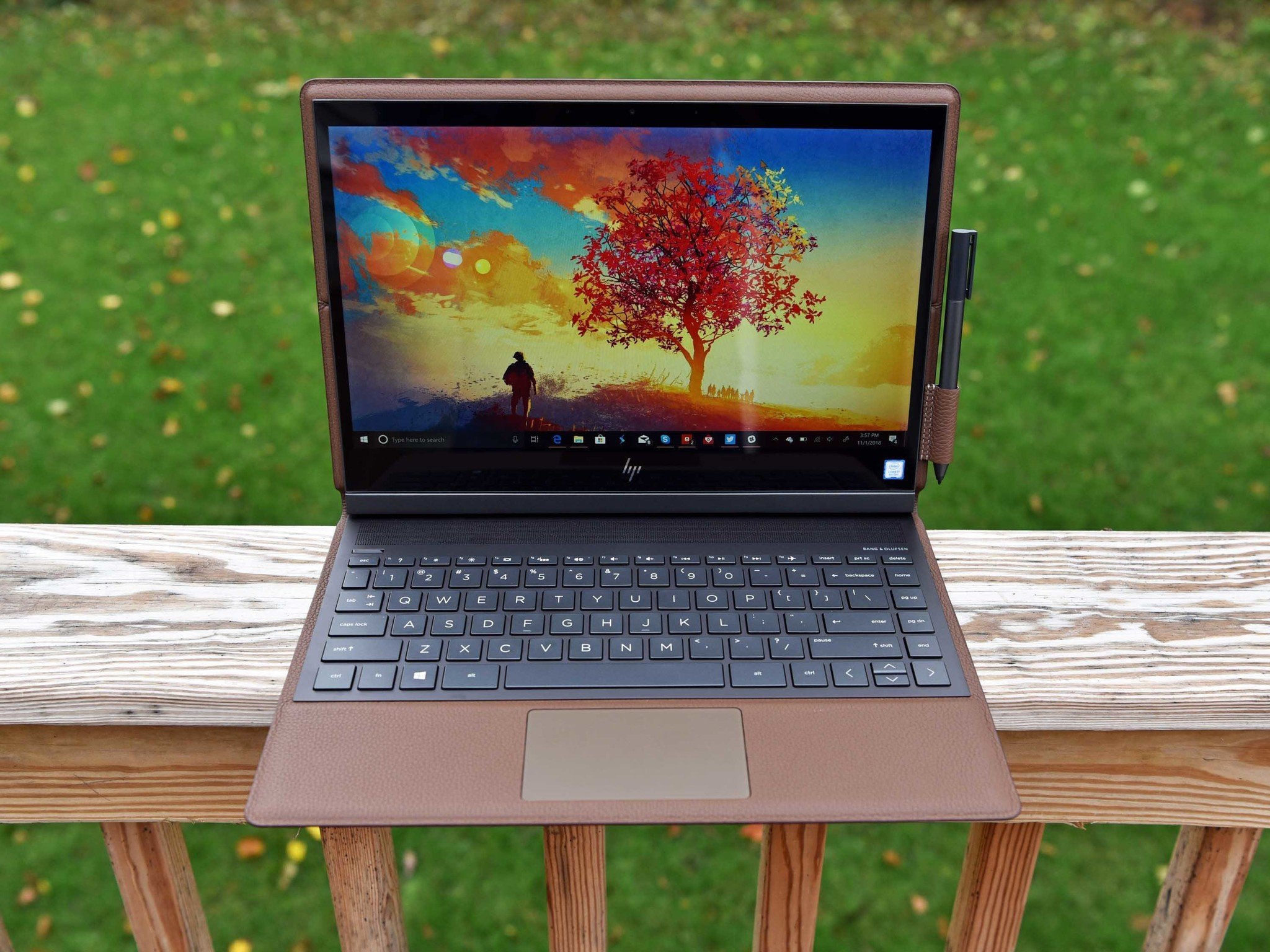
All the latest news, reviews, and guides for Windows and Xbox diehards.
You are now subscribed
Your newsletter sign-up was successful
For the last few days, I've been using the new – and unique – HP Spectre Folio a.k.a., "the leather PC." It's a remarkable device that solves some common computer problems while delivering everything I've wanted in a PC.
But one thing that drives me nuts about all of HP's premium Spectre line, including the new ones announced recently, is HP's reliance on non-Precision drivers for its Spectre touchpads. It's time for the company to make the jump to Precision.
What is Microsoft Precision?
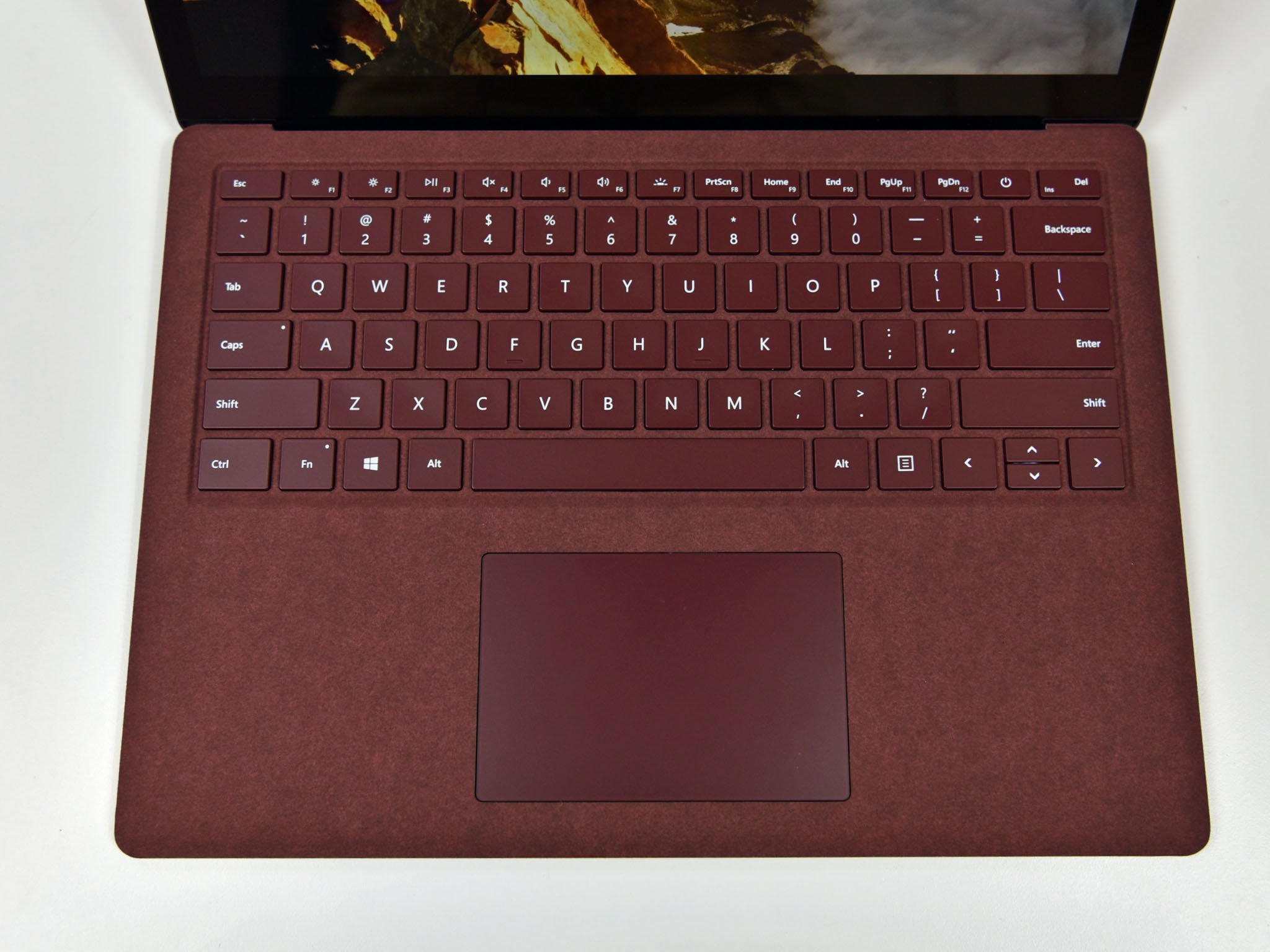
Going back to Windows 8.1 and the Surface Pro 2, Microsoft began a process to create a standardized touchpad experience. At that point, Apple had established itself as the king of trackpads. Nary a discussion could be had about switching between macOS and Windows without someone mentioning how amazing Apple's trackpads were.
Precision coalesces around standardized drivers and gestures that we now see in Windows 10. New features and improvements are routinely added through Windows 10 feature updates (twice a year). Trackpad navigation is smooth, consistent, accurate, and more responsive when using Precision drivers.
Matching the software is the necessary hardware, which is often a Synaptics trackpad. Microsoft does not dictate – as far as we know – hardware requirements, so there is still variation in size and even materials, such as glass or plastic. That gives PC manufacturers some cost flexibility without making them commit to expensive parts for low- or mid-range laptops.
Microsoft was the first to use its Precision system in the Surface Pro 2 – which had a small, mediocre trackpad – and has used it ever since in all its Surfaces. Today, Surface Book 2, Surface Laptop, and even Surface Pro and Surface Go have some of the best trackpad experiences for PCs.
How to customize 'Precision Touchpad' settings in the Windows 10
All the latest news, reviews, and guides for Windows and Xbox diehards.
But Precision isn't just for Microsoft. The company's goal was to use, improve and share the drivers with all its OEM partners for their laptops, too, likely with a small licensing fee. Today, Dell, Lenovo, Razer, Samsung, and even mid-tier manufacturers like MSI and Acer, all use Precision drivers in their mid- to high-range laptops.
HP already uses Precision ... sometimes
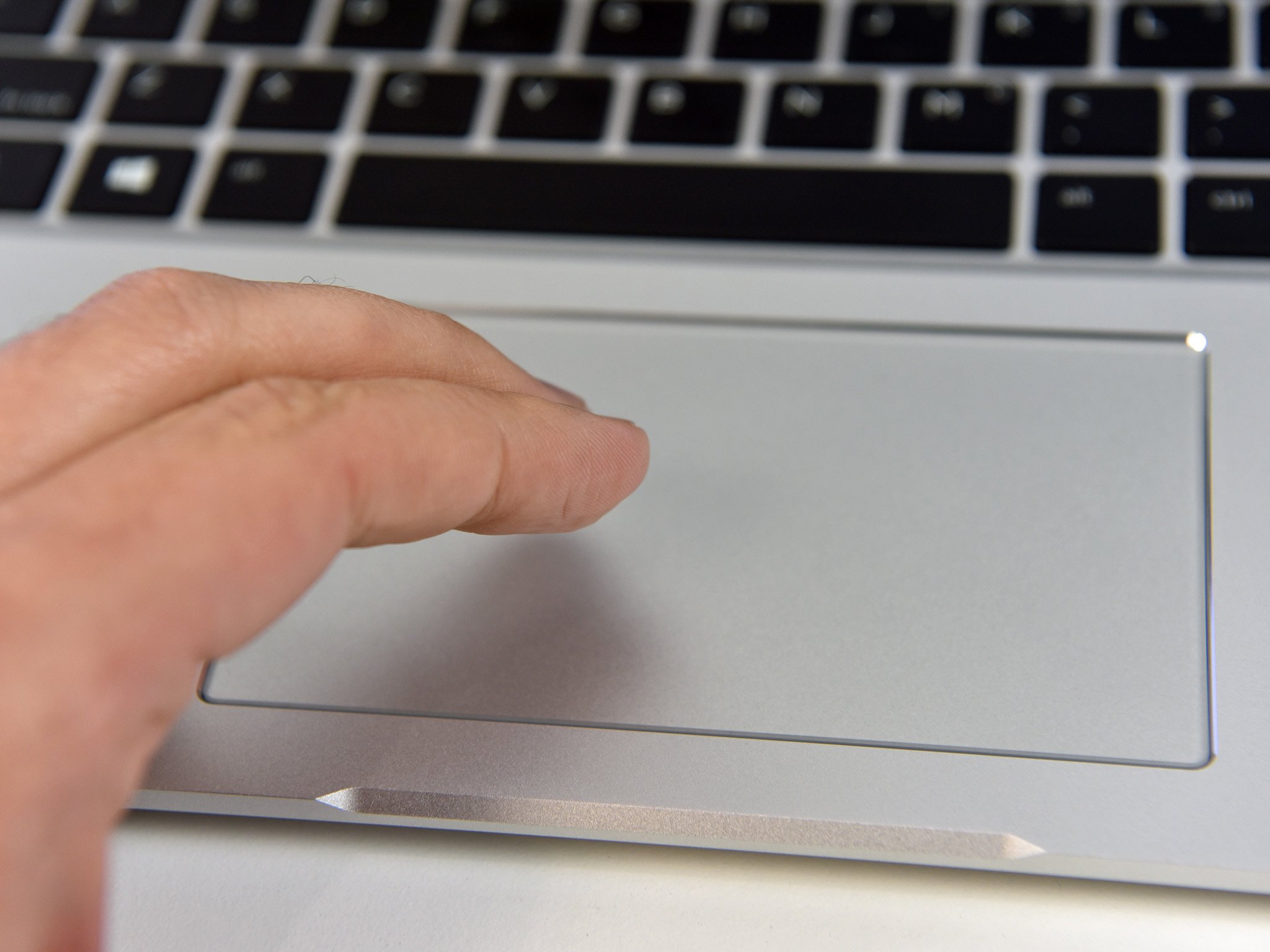
Perhaps the most infuriating aspect about HP is it does use Microsoft Precision drivers, in its premium business line. HP's EliteBooks are some of my favorite laptops – I'm evaluating the new EliteBook x360 1030 (G3) now, and it's almost perfect – and part of that is because they have exceptional trackpads. And they all use Precision drivers.
But when it comes to HP's premium consumer line, dubbed Spectre, the company has never used Precision. Instead, HP falls back to using Synaptics drivers that are subpar. (To make matters more confusing the HP Envy x2 with ARM uses a Precision driver; Envy is HP's mid-tier range).
Every time I review a Spectre laptop I reach the same conclusion: it's perfect, but the trackpad is a letdown.
There is not a single instance where touchpad drivers by Synaptics are ever better than Precision. Accuracy is diminished, sensitivity is all over the place, pinch-to-zoom can be chaotic, and scrolling in apps is random. When I use apps like GroupMe or Twitter, scrolling is janky versus some other apps where it is merely OK.
Anyone who says Synaptics drivers are good, or not that bad, has probably never used either a MacBook or a Windows PC with Precision drivers extensively. And while users can try to "hack" Precision drivers onto their laptops – I wrote a guide on how to do that – the process often breaks, has ongoing compatibility issues, is not optimized, and it is undoubtedly not the answer for regular consumers.
Precision is the only standard
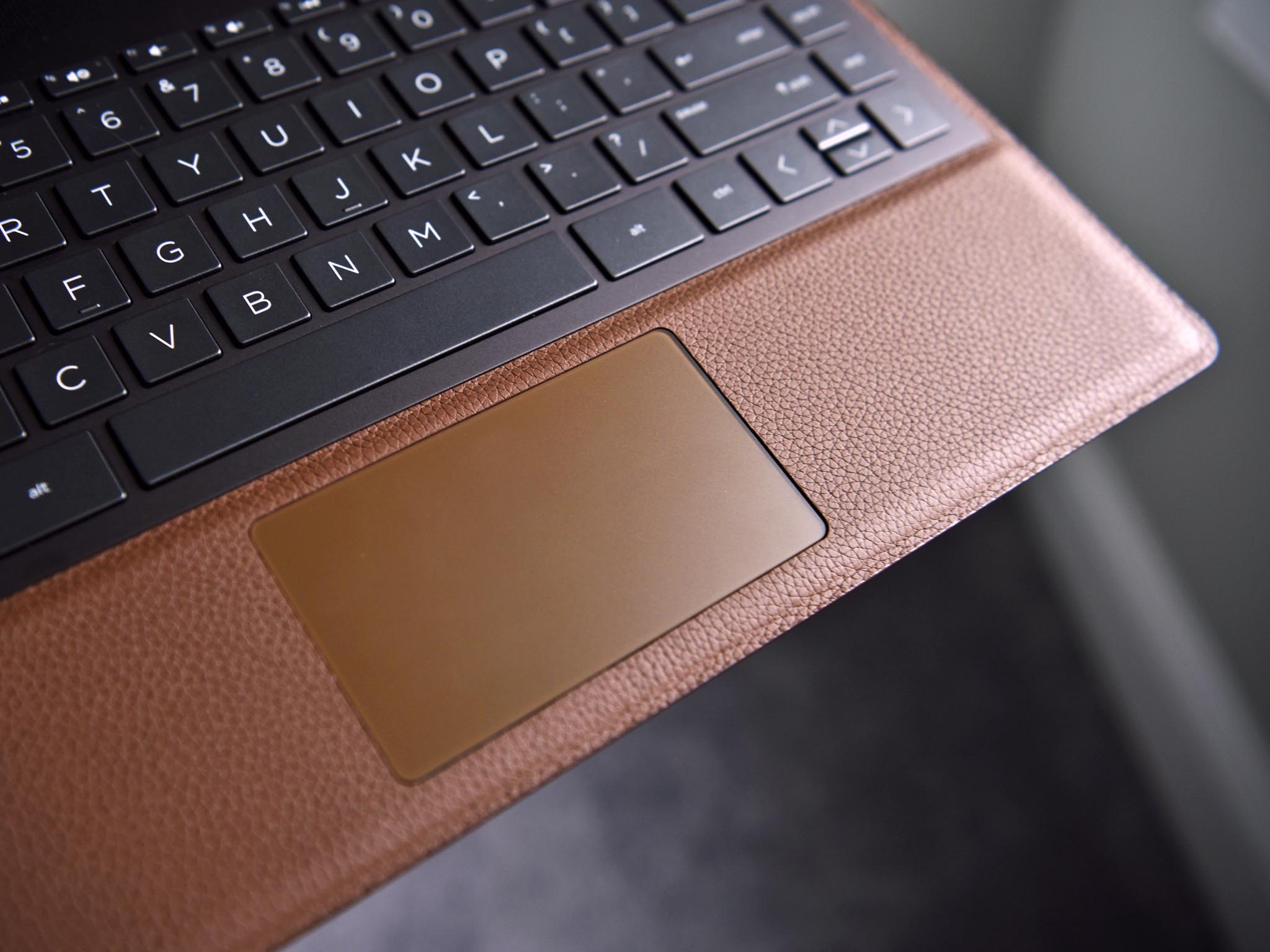
Not only do PC manufacturers compete with Apple's persistent hardware prowess in laptops, but they also contend with each other. They need all the advantages they can get.
Touchpads in laptops are not something that can be passed over like ports, reduced performance with DDR3 versus DDR4 RAM, or even audio where corners are often cut. Trackpads are the core experience, one of the most frequently used parts of the PC (the exception being gaming laptops where gaming mice are often employed). No one should be cutting corners here.
HP makes some of the best state-of-the-art hardware around, often matching Microsoft in creativity but massively undercutting the company in price. The Spectre x360 13t is consistently our best-value and top 13-inch convertible for good reason.
But HP regularly sells itself and its customers short by relying on Synaptics drivers instead of Precision. There's just no excuse, and even HP's business division gets why Precision is better. So why can't the company standardize on Precision?
There is no debate here. HP, and all laptop manufacturers, should be on board with Precision. Reports were that Microsoft was going to make Precision mandatory, but as these new Spectres illustrate, that rule has not gone into effect.
I wish it had. HP's Spectres are very good, but not quite great. Precision would be the difference maker.

Daniel Rubino is the Editor-in-Chief of Windows Central. He is also the head reviewer, podcast co-host, and lead analyst. He has been covering Microsoft since 2007, when this site was called WMExperts (and later Windows Phone Central). His interests include Windows, laptops, next-gen computing, and wearable tech. He has reviewed laptops for over 10 years and is particularly fond of Qualcomm processors, new form factors, and thin-and-light PCs. Before all this tech stuff, he worked on a Ph.D. in linguistics studying brain and syntax, performed polysomnographs in NYC, and was a motion-picture operator for 17 years.
